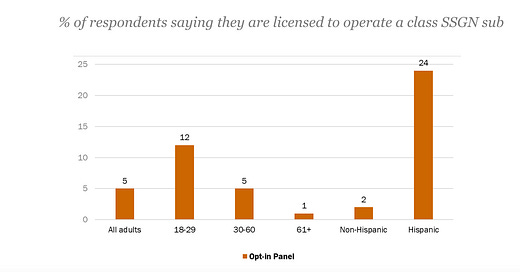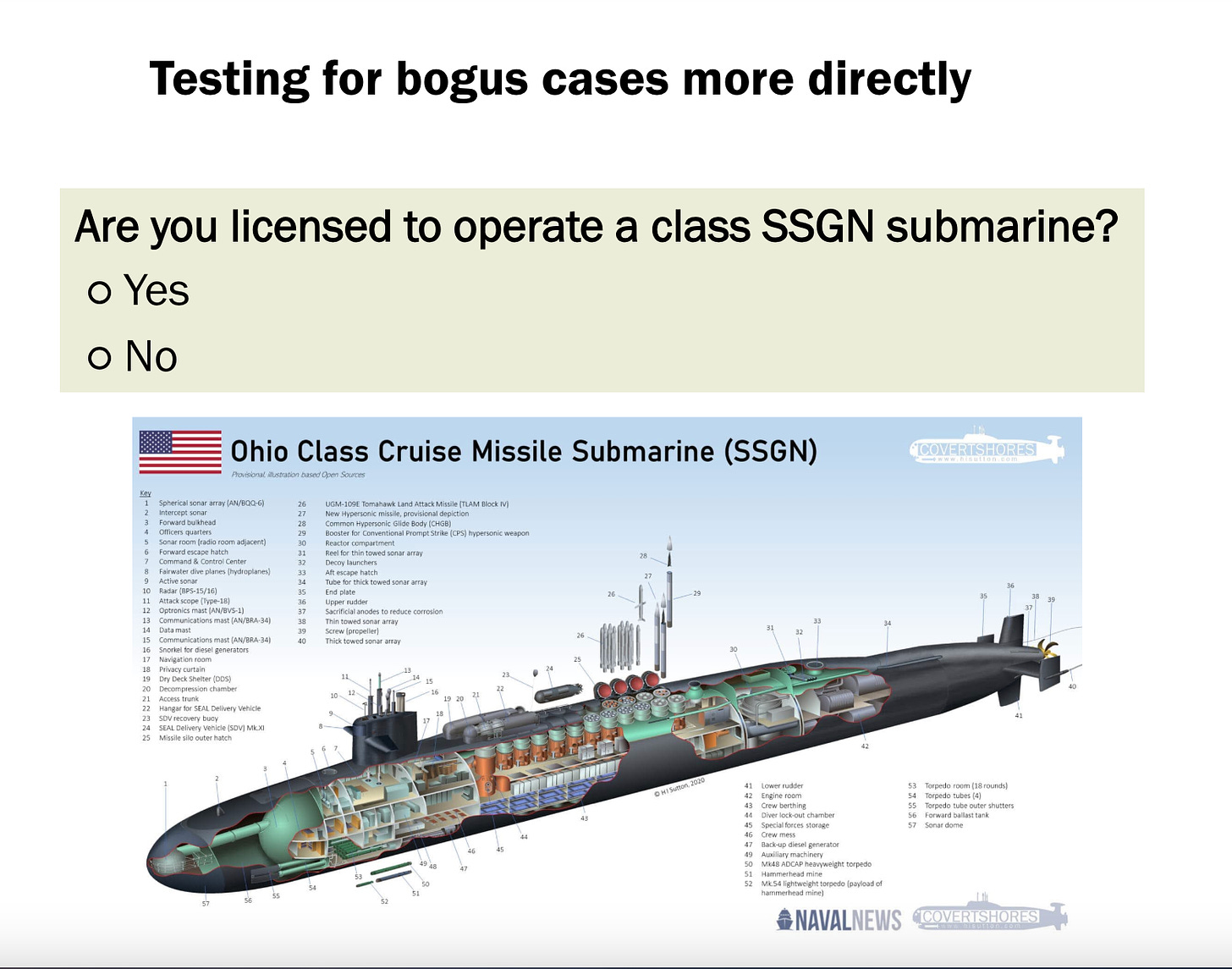The Unreliability of Online Political Polling: Why You Should be Cautious!
Does Granny know how to use the internet?
In today's digital age, opt-in online political polling has become a popular method for gauging public opinion on various political issues, candidates, and policies. With the ease of access and rapid responses that online polls offer, they are a convenient way to capture the sentiments and trends of the population. Media outlets commission online polls because they are cheaper to commission and garner easy website clicks for said media outlets. However, there are significant reasons why online political polling cannot always be trusted to represent public opinion accurately. The main reason online political polling can’t be trusted is that the way the data is collected makes its integrity highly questionable.
Survey websites recruit respondents with the promise of a reward, usually not worth the time or effort. Which predictably may lead to less-than-reliable answers. Analysis by The Pew Research Center (PDF) highlighted one survey.
“In a February 2022 survey experiment, we asked opt-in respondents if they were licensed to operate a class SSGN (nuclear) submarine. In the opt-in survey, 12% of adults under 30 claimed this qualification, significantly higher than the share among older respondents. In reality, the share of Americans with this type of submarine license rounds to 0%.”
In another analysis, 82% of respondents pretended to be in the army to qualify to take an online poll and get paid for it. Pew Research did some more digging and unearthed a not-so-shocking fact about the reality of online polls. Their research revealed that these opt-in polls have a nasty habit of pumping up the volume on fringe beliefs.
It’s one thing lying to a polling company about who you’re going to vote for, it’s quite the whopper of a lie telling them you can drive a nuclear submarine or pretend to be GI. Joe, you wouldn’t say that over the phone or to someone’s face, but it appears people do with online polls.
The anonymous nature of opt-in online polling opens the door to manipulation, fraud and straight-up people just taking the piss. Organisations may attempt to influence the results of online polls by submitting multiple responses, using bots to skew the data, or engaging in other forms of online manipulation. This bear-shits-in-the-woods analysis will tell you the integrity and reliability of online political polling results can be severely undermined.
Opt-in online political polls are often susceptible to self-selection bias, where individuals who are particularly passionate or motivated to express their opinions are more likely to participate. But the flip side is that you also get people who are randomly clicking anything just to finish the survey as quickly as possible for a reward. The average survey can take between 10 and 20 minutes and the reward for finishing the survey on the Irish sites is minuscule. The more surveys you do the more you do the more reward points you get etc. It’s time-consuming to do them and you don’t have to pay attention to what you're clicking. See the problem?
These online polling companies will bamboozle you with words like qualitative and quantitative, they’ll talk about gender and age quotas, but online polling still has a limited reach. How many 18-30-year-olds are going to take the time to do a 10-20min online opt-in survey properly? Most of that cohort is too busy doom-scrolling on TikTok and sending each other nudes on Snapchat to care if it’ll be three in a bed or four-in-a-bed coalition after the general election. How does the polling company know they’re in the 18-30 cohort? How do they know people are who they are claiming to be? So many unverifiable metrics. I’ve signed up to three companies that do online political polling in Ireland and I have never been asked to verify anything about myself. The only thing I have been asked to verify is my email address.
What about Granny or Grandad who doesn't use the Internet all that much? Yeah, they might be part of the local swingers party but they’re probably not part of the online polling party. The 60+ cohort is not wasting what precious time they have left doing clicks for minuscule payments that quite frankly are not worth the effort. Older generations are more likely to vote in elections this is a fact of political life. If some generations are not being polled properly, well your political data isn’t just unreliable, it’s bordering on fraud.
Face-to-face polls use fancy math to ensure everyone has a chance of being heard. Online polls often ditch this crucial step, leaving us with a sample that's more like a mosh pit than a properly representative group of say 35-55-year-olds who work for a tech company in Grand Canal Dock and know what a data centre is.
Not polling cohorts properly creates blind spots, leaving entire segments of your data unreliable. Online polling or any kind of online survey is the Wild West of data gathering. Online polls are quick and easy to do, but they're not always reliable. Think of them as a snapshot, not the whole picture. To truly understand public opinion, we need to use more diverse research methods than online polling to avoid the pitfalls that come with them.






